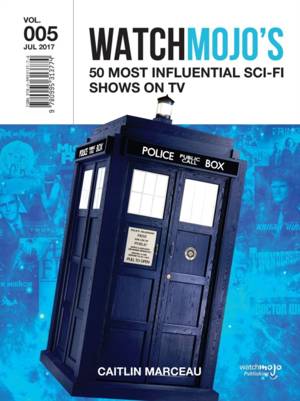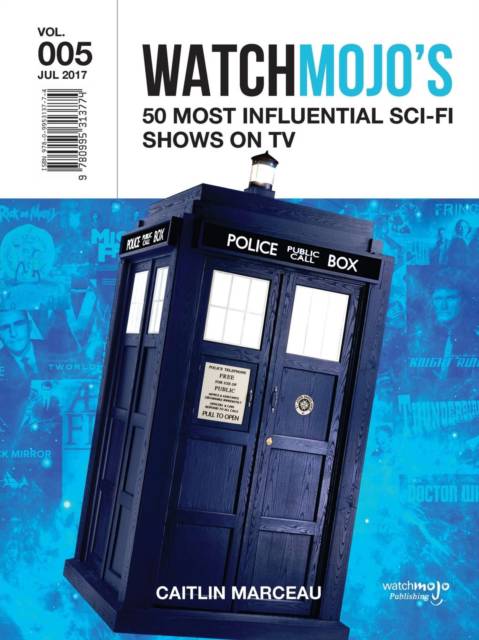
- Retrait gratuit dans votre magasin Club
- 7.000.000 titres dans notre catalogue
- Payer en toute sécurité
- Toujours un magasin près de chez vous
- Retrait gratuit dans votre magasin Club
- 7.000.0000 titres dans notre catalogue
- Payer en toute sécurité
- Toujours un magasin près de chez vous
Description
It used to be assumed you were a geek, uncool, or weird for enjoying science fiction. The term was synonymous with rubber Vulcan ears, sonic screwdrivers, and cheesy spaceships. While that's part of it (and a part people have come to know, love, and celebrate at pop culture conventions around the world), it's only a part of it. Sci-fi has grown to include a slew of sub-genres like dystopia, cyberpunk, superhuman stories (yeah, all those Marvel movies you like are technically sci-fi), space operas, alternate histories, post-apocalyptic, and kaiju just to name a few.
Although the genre is closely linked to horror and fantasy, often sharing elements with both of them, it's important to understand that there's a difference between the three. According to Rod Serling, creator of The Twilight Zone, "Science fiction is the improbable made possible, and fantasy is the impossible made probable."
This formerly nerdy territory is not only massively popular, it's actually in style. Networks like AMC, HBO, and streaming services like Netflix have made a name for themselves by developing titles that helped popularize it among mainstream audiences. The fact that it's one of the most inclusive and progressive genres out there doesn't hurt either.
But what's the marker of great science fiction? Is it the piece's believability, where science fiction serves as a precursor to science fact? Is it getting audiences to suspend their disbelief and trust that the impossible isn't so farfetched? Or maybe it's some masterful blend of the two.
So pull on your favourite red shirt (uh, actually, make that a blue one), grab your TARDIS mug, and travel through time (metaphorically, of course) as WatchMojo explores the 50 most influential sci-fi shows on television.
Spécifications
Parties prenantes
- Auteur(s) :
- Editeur:
Contenu
- Nombre de pages :
- 108
- Langue:
- Anglais
Caractéristiques
- EAN:
- 9780995313774
- Date de parution :
- 01-07-17
- Format:
- Livre broché
- Format numérique:
- Trade paperback (VS)
- Dimensions :
- 210 mm x 279 mm
- Poids :
- 344 g

Les avis
Nous publions uniquement les avis qui respectent les conditions requises. Consultez nos conditions pour les avis.






